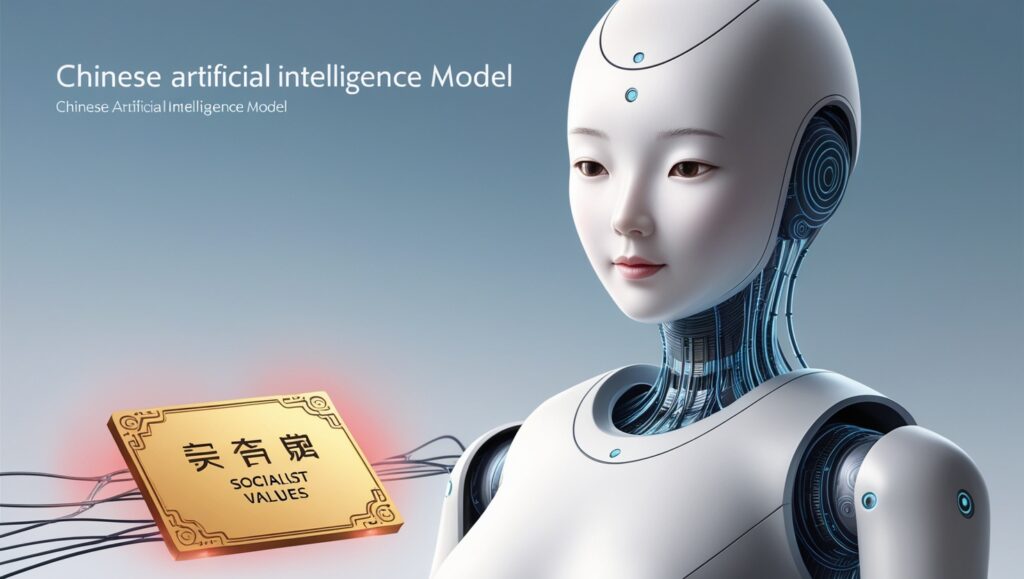There seems to be more action being taken by the Chinese government on AI.
Beijing’s stringent online surveillance and censorship policies have long extended to domestic AI research. To guarantee that AI models are held accountable and chatbots follow party policy, the Chinese Communist Party has implemented a number of regulatory procedures.
China-based IT companies are being forced to take part in a government evaluation of AI models. According to the report, officials are examining the models to ensure that they “embody core socialist values.”
Every Chinese large language model (LLM) and the training data have previously received final approval from the CCP. Chinese authorities have also blocked international models like ChatGPT.
This include prohibiting information that the CCP would prefer not be in the public domain or sensitive terms. Like the nation’s Great Firewall, Chinese chatbots already evade inquiries regarding Xi Jinping’s likeness to Winnie the Pooh and the 1989 Tiananmen Square massacre.
China’s strict ideological standards for LLMs may hinder the nation’s AI development, according to Daniel Colson, executive director of the AI Policy Institute.
It is a common misconception among policymakers that the CCP is just interested in outpacing the US in AI research, but in reality, their objectives are more complicated Colson claimed that they are trying to move as quickly as possible, but their own ideological objectives are in the way.
AI and other forms of technology are important for China’s economy, according to President Xi Jinping. Chinese AI development and commercialization may be slowed by censorship regulations, but China is still a strong competitor in the AI race.
According to Colson, American corporations supply some of the most sophisticated models available in China.
He claimed that by giving the CCP access to frontier models and their weights, they are able to catch up more quickly. It is easier for the CCP to produce modified versions that permit such filtering when they have access to raw model weights.
Based on previously published internal documents, China’s AI strategy aims to shape reality and enforce its dominance.
For a while now, the US government has been attempting to undermine China’s AI initiatives by limiting access to potent AI processors in an effort to impede the nation’s advancement.
A project lead at The Future of Life Institute named Anna Yelizarova said, they have to stay relevant to outcompete China,” which sums up a lot of the rhetoric around the US capabilities contests.
Regardless of whether America’s attempt to undercut China is successful, the country’s competing visions for AI may already be appealing to distinct audiences — and prospective customers.
Several regimes throughout the world would prefer to use China’s brand of highly regulated AI, which might prove profitable for Beijing even if its strict control puts it trailing the US in the AI race.








